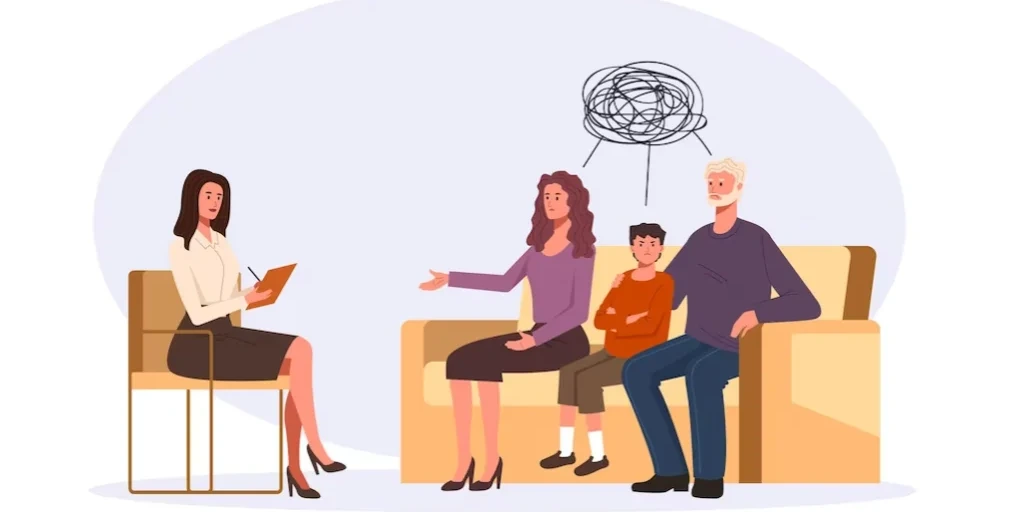24/7 Helpline:
(866) 899-221924/7 Helpline:
(866) 899-2219
Learn more about Cocaine Rehab centers in Hopkins County
Cocaine Rehab in Other Counties

Other Insurance Options

Cigna

Medical Mutual of Ohio

GEHA

Horizon Healthcare Service

Access to Recovery (ATR) Voucher

UnitedHealth Group

WellCare Health Plans

Covered California

Molina Healthcare

Choice Care Network

Self-pay options

Coventry Health Care

Amerigroup

Excellus

Health Net

EmblemHealth

PHCS Network

Oxford

MHNNet Behavioral Health

MVP Healthcare

Spero Health – Madisonville
Spero Health – Madisonville is a private rehab located in Madisonville, Kentucky. Spero Health – Mad...

Volunteer Behavioral Health – Hiwassee Mental Health Center
Volunteer Behavioral Health - Hiwassee Mental Health Center is located in Madisonville, Tennessee. V...






































Pennyroyal Center
Pennyroyal Center is a private rehab located in Madisonville, Kentucky. Pennyroyal Center specialize...

Madison County Mental Health
Madison County Mental Health is a public rehab located in Madisonville, Texas. Madison County Mental...










































































































